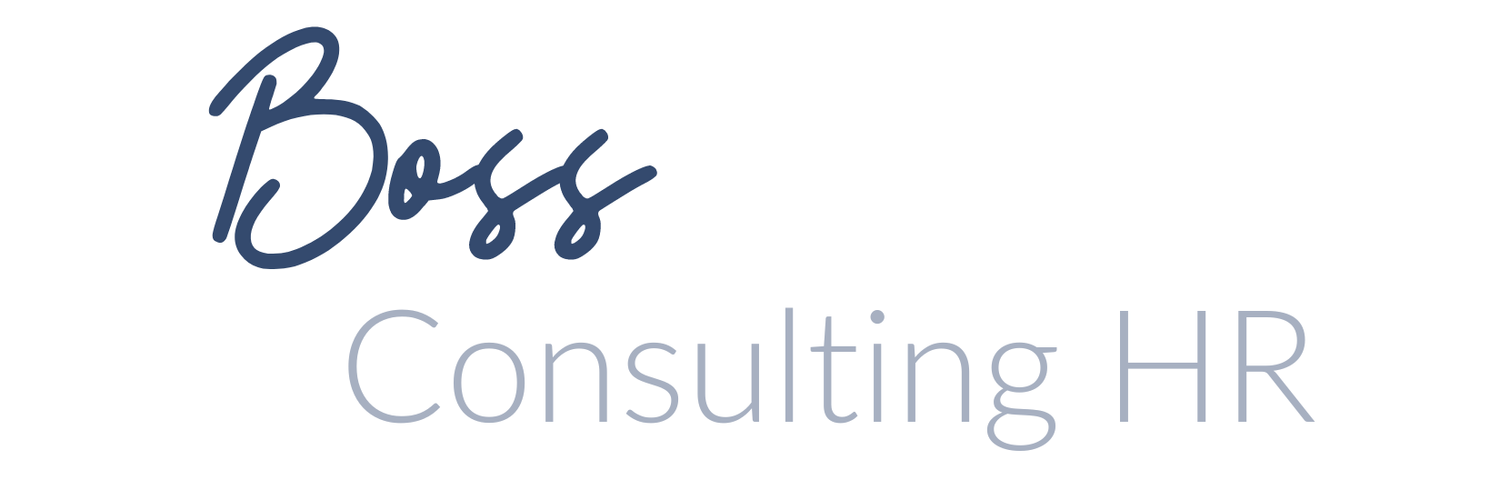BCHR Compliance Update November, December 2023 and some of January 2024
Welcome to 2024! New year means cha, cha, cha, changeeesss! If our New Year resolution was to stay consistent with these blogs, we’d be failing already.
Independent Contractor Rule Finalized
Gone are the days of trying to categorize an employee as an independent contractor because “they want to.” The Department of Labor finalized and issued its final rule which defined the term of independent contractor under the Fair Labor Standards Act (FLSA). If you remember, the DOL issued a 2021 rule that used a five-factor test to determine an employee or an independent contractor. In this new rule, the DOL returned to a “totality-of-the-circumstances” analysis of the economic reality test. Under this analysis, each of the factors should be weighed equally and are considered in “view of the economic reality of the whole activity.
What are the six factors? I’m so glad you asked…
Opportunity for Profit or Loss Depending on Managerial Skill
Investments by the Worker and the Potential Employer
Degree of Permanence of the Work Relationship
Nature and Degree of Control
Extent to Which the Work Performed is an Integral Part of the Potential Employer’s Business
Skill and Initiative
Now is the time to review your 1099/independent contractors and determine if they are appropriately categorized. You can view the full rule HERE.
FLSA Might Get an Update
Exempt vs. Non Exempt is a regular concept we work with clients to understand and there might be more headaches in the future. The DOL has proposed increasing the minimum salary for exempt employees from $684 a week to $1059 a week. DOL intends to issue its final rule in April of this year. Get familiar with the terms “duties test” and “salary threshold” as we don’t anticipate regular updates to the FLSA going away.
OSHA’s New Reporting Requirements Went into Effect
The deadline is March 2, 2024, for certain employers with 100 or more employees within certain industries to submit detailed information about workplace injuries through OSHA’s new Injury Tracking Application (ITA).
The types of covered businesses are 1) amusement parks and arcades, 2) certain building contractors, 3) freight trucking companies, 4) hospital and health care businesses, 5) long-term and assisted care facilities 6) manufacturers, 7) retail businesses, including grocery and department stores, 8) warehousing and storage businesses, and 9) waste collection companies.
Bullying and Protected Classes
Massachusetts has a piece of legislation on the move called the Workplace Psychological Safety Act which is focused on focused on protecting employees from bullying and other kinds of workplace intimidation. If this legislation passes, it will be paramount in the world of Human Resources, particularly regarding discrimination and harassment. We always look at things to determine if is it illegal harassment (based on a protected class) or is it general management, legislation such as this will make the circumstances around alleged toxicity, targeting, and bullying more complex. This is certainly one to watch.
Other Goodies for Business Owners
January 1st eligibility for workers' compensation benefits for post-traumatic stress injuries will be expanded to all employees covered by the workers' compensation law in Connecticut.
Connecticut minimum wage increased on January 1st to $15.69/hr
Rhode Island minimum wage increased on January 1st to $14.00/hr
W2s are due to your employees by 1/31
1095s are due to your employees by 3/1
Keep an Eye On….
DEI initiatives are under attack as the Supreme Court is scheduled to hear a case this summer on reverse discrimination that could have broad implications on DEI (Muldrow v. City of St. Louis).

